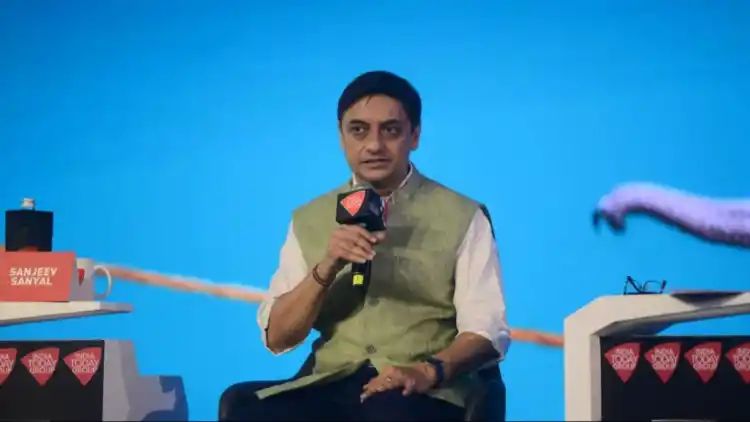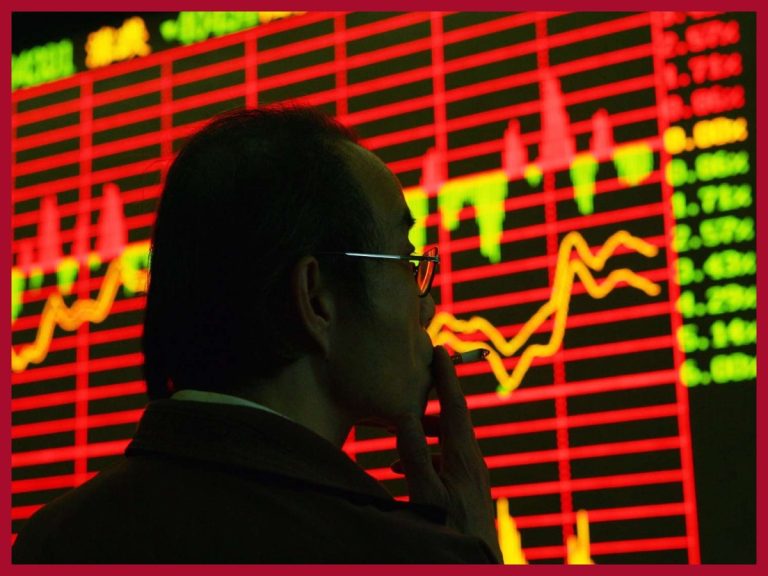Too many kids wasting time’: Sanjeev Sanyal on UPSC exam craze

Economist Sanjeev Sanyal, a member of the Prime Minister’s Economic Advisory Council, expressed concerns about the extensive focus on UPSC (Union Public Service Commission) exams among young Indians.
He believes that while these exams are crucial for selecting civil servants, many young Indians invest significant time and effort into them without considering alternative paths.
In a recent discussion with Siddhartha Ahluwalia on the podcast “The Neon Show,” Sanyal highlighted what he
.
He pointed out that for decades, aspirations in regions like West Bengal and Bihar were limited, with roles such as intellectuals, union leaders, or local politicians being the primary ambitions.
Sanyal suggested that this narrow focus often leads individuals to pursue careers in the civil services as a default option, rather than exploring diverse opportunities.
According to Sanyal, pursuing UPSC exams should be a choice made only by those genuinely interested in becoming administrators.
“I think what is happening, thankfully our aspirations are changing. I still think way too many young kids who have so much energy are wasting their time trying to crack the UPSC. I’m not saying you don’t want people to take the exam,” Sanyal said.
“Yes, every country needs a bureaucracy. That’s perfectly fine. But I think lakhs of people spending their best years trying to crack an exam, where a tiny number of few thousand people actually [are] going to get in, makes no sense,” he added.
“If they put the same energy into doing something else, we would be winning more Olympic gold medals, we would be seeing better movies being made, we would see better doctors, we would see more entrepreneurs and scientists and so on,” Sanyal stated.
Sanyal also urged young Indians to consider their passions and potential contributions to other sectors.
Sanyal said there is a need to transform societal attitudes towards risk-taking and entrepreneurship. He noted a positive transformation in the middle-class mindset, with more individuals willing to take risks and venture into entrepreneurship.
“In the middle class, it has significantly changed. People are taking risks, and this is going back to my original point. This is an opening of mind, which is not just happening in that little space of entrepreneurship. This is a change of attitude and this change of attitude will manifest itself in everything,” he said.
“It will manifest itself in science, it will manifest itself in music, in literature. There’s an explosion of Indian literature as well. All kinds of innovation will happen. Because we will naturally live in this world, where doing new things and so on is thought of being as a natural thing, that people do and it is encouraged,” he added.





